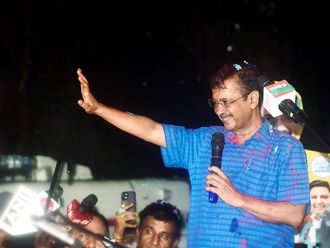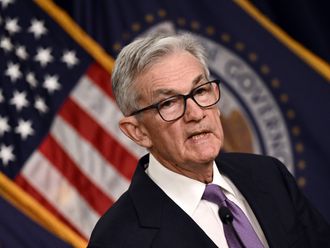When viewed in simplistic terms, the setting up of a ‘hotline' between India and China is merely the facilitation of direct phone calls between the two countries. But in the bigger picture this one minimal gesture could have huge implications in the enhancing of bilateral relations between Asia's two superpowers.
India and China share a lot of history: in some cases it segregates, while in others it can act as a catalyst towards cementing better relations. Both countries recognise each other's importance, especially in a regional context.
The need of the hour therefore is strategic cooperation and partnership in the areas of security in the region, trade, economy, climate control and a mutual respect for each other's territorial boundaries. And while differences on certain subjects continue to exist, both on the basis of policy and ideology, the procedure of dialogue should not be compromised in the short and long term. Common goals must be drawn up and the checklist must be ticked off when they are realised. When policies tend to overlap then expectations should be managed and a realistic approach must be adopted. The operative words therefore are continual, sustained and cordial.
Trade between the two countries has touched the $60 billion (Dh220.3-billion) mark this year alone and there is promise of more gains to come despite lingering mistrust on certain levels. While the rest of the world works out solutions to emerge from an economic crisis, both states confound economists with a steady growth rate which threatens to hit double digits. A positive India-China equation is also important for the stability of south-east Asia where the hegemony of western powers has prevailed for decades. But in doing so, both nations must also realise that with great power comes even greater accountability. Therefore transparency of approach and intent both internally, regionally and globally is vital.








